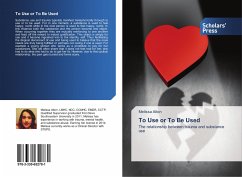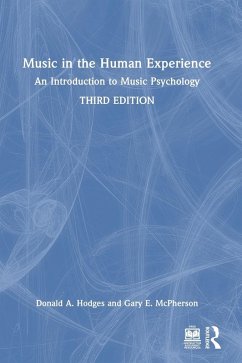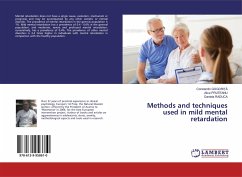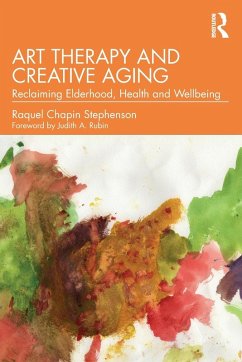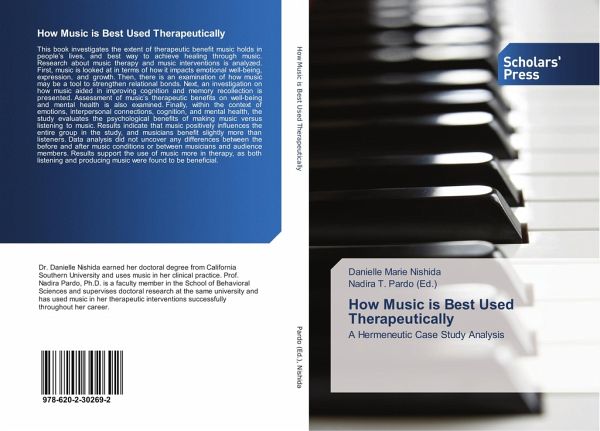
How Music is Best Used Therapeutically
A Hermeneutic Case Study Analysis
Herausgegeben: Pardo, Nadira T.
Versandkostenfrei!
Versandfertig in 6-10 Tagen
53,99 €
inkl. MwSt.

PAYBACK Punkte
27 °P sammeln!
This book investigates the extent of therapeutic benefit music holds in people's lives, and best way to achieve healing through music. Research about music therapy and music interventions is analyzed. First, music is looked at in terms of how it impacts emotional well-being, expression, and growth. Then, there is an examination of how music may be a tool to strengthen relational bonds. Next, an investigation on how music aided in improving cognition and memory recollection is presented. Assessment of music's therapeutic benefits on well-being and mental health is also examined. Finally, within...
This book investigates the extent of therapeutic benefit music holds in people's lives, and best way to achieve healing through music. Research about music therapy and music interventions is analyzed. First, music is looked at in terms of how it impacts emotional well-being, expression, and growth. Then, there is an examination of how music may be a tool to strengthen relational bonds. Next, an investigation on how music aided in improving cognition and memory recollection is presented. Assessment of music's therapeutic benefits on well-being and mental health is also examined. Finally, within the context of emotions, interpersonal connections, cognition, and mental health, the study evaluates the psychological benefits of making music versus listening to music. Results indicate that music positively influences the entire group in the study, and musicians benefit slightly more than listeners. Data analysis did not uncover any differences between the before and after music conditions or between musicians and audience members. Results support the use of music more in therapy, as both listening and producing music were found to be beneficial.



